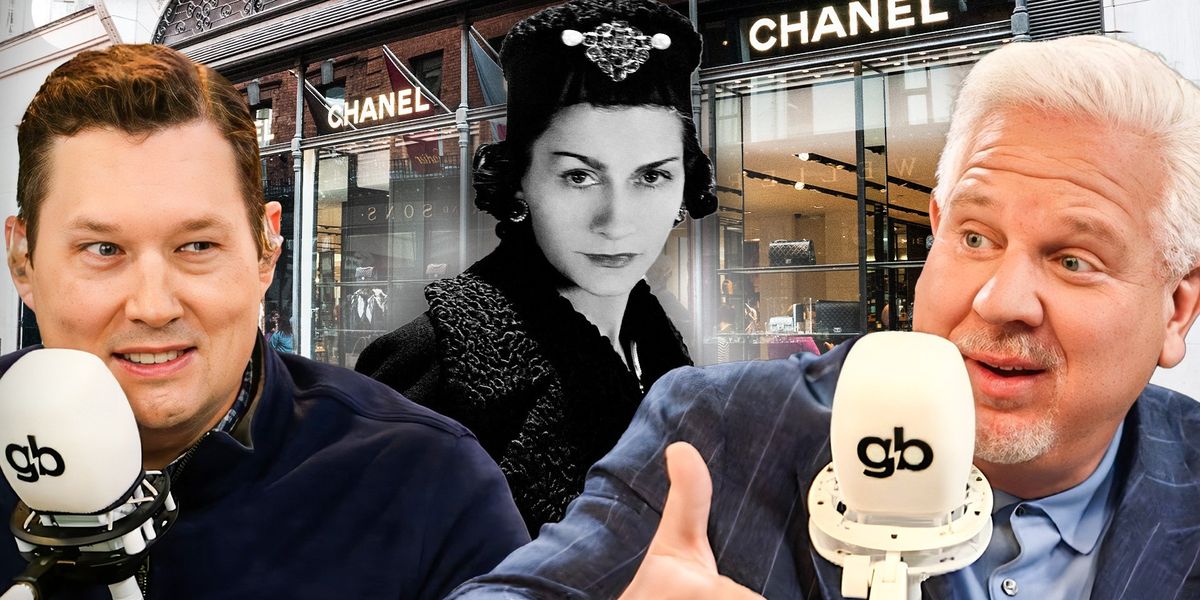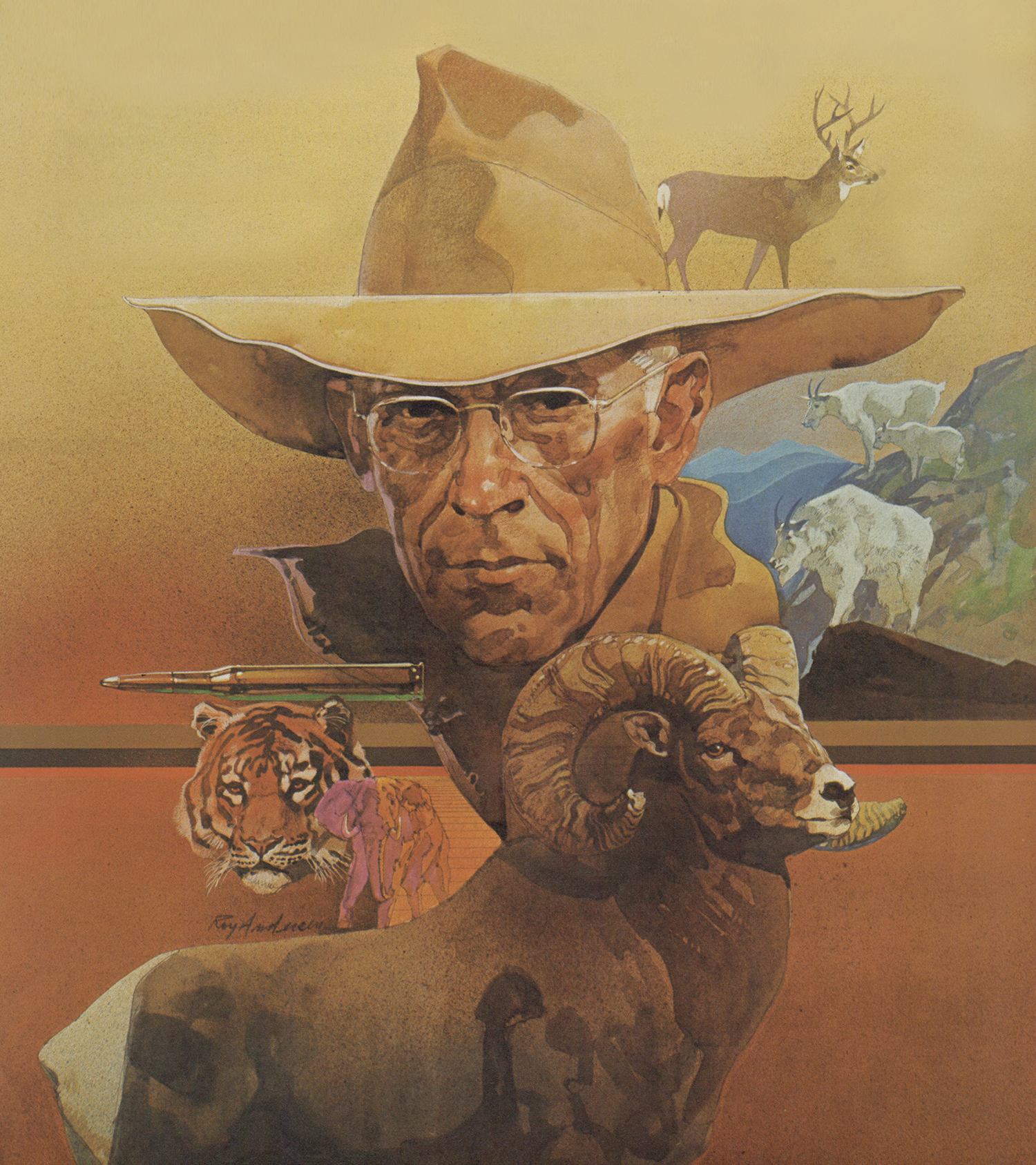It was Coco Chanel who said, “In order to be irreplaceable, one must always be different.” She was talking about fashion and personal branding, of course.
However, during the dark years of World War II, the maxim took on a dark meaning when the visionary fashion icon’s drive to remain indispensable led to cultivated strategic ties with German elites in order to secure her personal safety, social status, and business interests in Nazi-occupied France.
Glenn Beck, who just returned from vacation in Europe, tells Stu Burguiere that many have no idea that “Coco Chanel was a despicable human being.”
During WWII, “most of the designers just close down and they’re like, ‘We’re not making anything for anybody right now.’ But not Coco Chanel. She decides she’s going to move into the hotel where all the Nazis are,” says Glenn.
Once she was living in the Ritz, she started “making dresses for the Nazi wives” and “[sleeping] around a little bit with a few Nazis.” One Nazi she had a strategic romantic relationship with was Hans Günther von Dincklage, a German intelligence officer who gave her protection and influence.
At one point, she outed the French Jewish family who had partnered with her to fund the iconic perfume Chanel No. 5, but thankfully, they had already “transferred ownership to somebody else” by that point.
“Is it fair to call her a Nazi spy?” asks Stu.
“Yeah, she was known as a Nazi spy,” says Glenn.
But if her Nazi allegiance was well-known in France, how is her brand still thriving today?
It turns out that the answer lies right here in America.
When the war ended and she saw that Nazi collaborators were being executed, Chanel moved to Switzerland. From there, she put together a French couture show, which Vogue Paris rejected due to her Nazi ties.
However, Vogue America — “the same people that started the Met Gala in 1948” — decided to “whitewash her,” says Glenn.
“They brought her out on a new collection” that pitched “the little black dress,” which to this day is said to be something every woman should own. Her brand soared again.
“When did Vogue magazine come out and go, ‘You know what? That whole Nazi thing with Chanel was probably pretty bad’? Oh, I don’t know — never!” says Glenn.
To hear more about Coco Chanel’s Nazi ties, as well as the story of another French designer who was a war hero, watch the episode above.
Want more from Stu?
To enjoy more of Stu’s lethal wit, wisdom, and mockery, subscribe to BlazeTV — the largest multi-platform network of voices who love America, defend the Constitution, and live the American dream.
Read the full article here








![Hillary Clinton Targets White Christian Men Just Days After Charlie Kirk Assassination [WATCH] Hillary Clinton Targets White Christian Men Just Days After Charlie Kirk Assassination [WATCH]](https://www.rvmnews.com/wp-content/uploads/2024/10/2024.10.06-11.39-rvmnews-670276f23b054.jpg)



